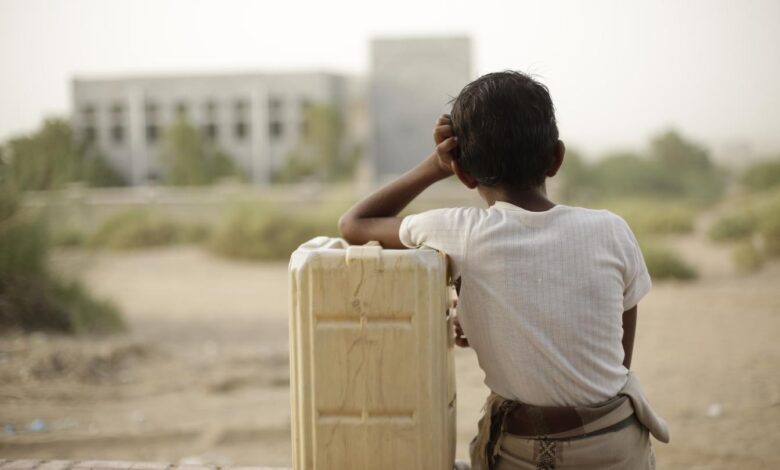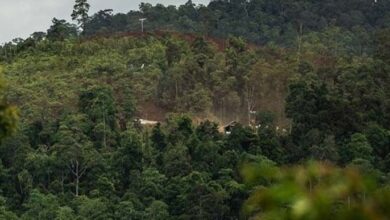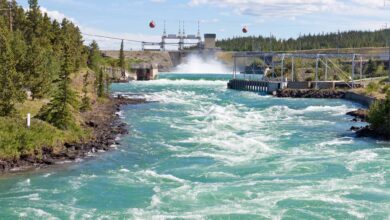Enhancing Resilience through Sustainable Water Resource Management

The project “Enhancing Resilience through Sustainable Water Resource Management” seeks to transform water resources management into an inclusive participatory and reconciliatory process which engages the various community groups including vulnerable groups and that addresses the demands for water ultimately turning water resources to a driver for social cohesion and stabilization.
The project has four main areas/components; a) Inclusive, participatory, and transparent water resource management; b) Peaceful dispute resolution at community level with the participation of youth and women; c) restoring water facilities; and d) Development of sustainable agricultural products (Qat to Coffee). To achieve these outputs, capacity of national and local water institutions such as National Water Resources Authority (NWRA) and Water User Associations (WUA) will be enhanced to manage water resources in an inclusive, participatory, and transparent way. Key and strategic water infrastructure will be rehabilitated to make water more sustainably available for supporting local livelihoods. Traditional water harvesting mechanisms will also be revived to ensure low-cost water resource management. In addition, WUAs and Water User Groups (WUGs) will be trained to manage water-resource disputes in their communities. Finally, the project promotes alternative agricultural products to qat which requires high consumption of groundwater. Coffee production will be supported as a pilot project.
Women Empowerment
In most rural areas women’s participation in local institutions such as Water Users’ Associations (WUAs) or farmers’ organizations is limited. Thus, the easy access to safe and convenient water supplies and formal participation in institutions related to water access and management is crucial to enhance the wellbeing of women and their households, hence enhancing resilience at the local level. The project will empower women by building their leadership and technical skills to increase their involvement in community-based organizations.
Objectives
The overall outcome of this project is increased local-level social cohesion and resilience. This is achieved by transforming water resource management into an inclusive, participatory, and reconciliatory process that reconciles the demands for water, which ultimately turn water to a driver for social cohesion and stabilization.



